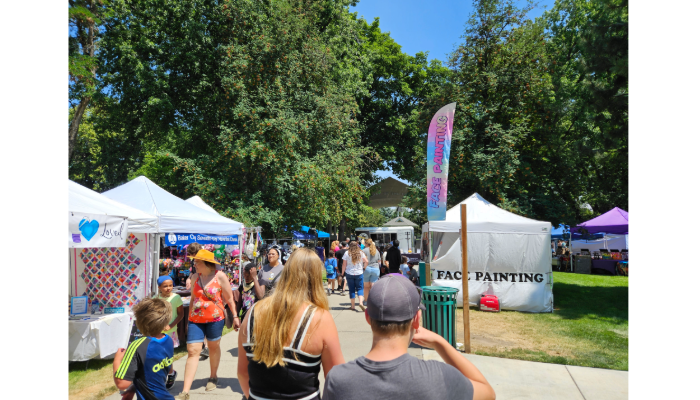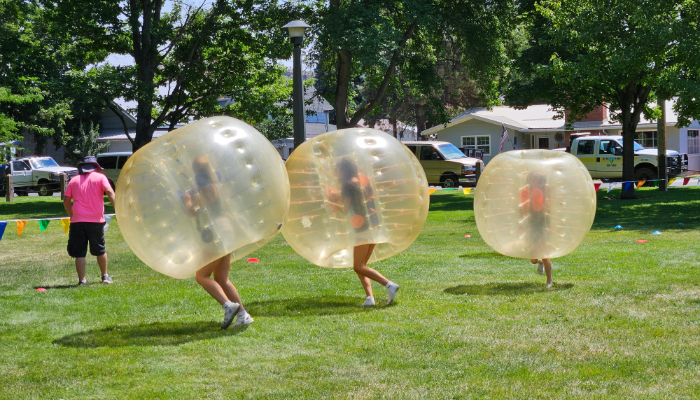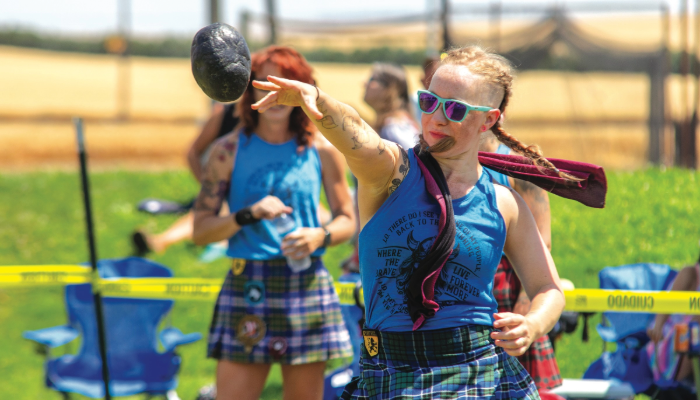What We’re Into
Published 3:00 am Tuesday, January 23, 2024

- Sleeping with a mask
Who needs an expensive virtual reality headset in somebody else’s metaverse when we can all have an out-of-this-world experience every night for free?
Trending
Sleep, and the dreams that come. They rejuvenate and heal.
While nightmares do happen for some — you’re being chased or you’ve lost something valuable and go on a futile quest to find it — oftentimes there’s an interesting experience in reuniting with long lost friends and relatives, being transported to another time in your life, or playing in a completely different narrative landscape altogether.
I always make a point to aim for seven or eight hours of sleep because I know it bolsters my immune system and affects my mood and daily energy if I get any less.
Trending
When you hit that amount — which experts say is ideal — you’re able to get into the longer, vivid rapid eye movement (REM) dreams that feel like an adventure or a vacation without ever leaving your home. Around 3-5 a.m. is when the really vivid dreams happen.
Sometimes waking up feels like you’ve had a real experience, just as meaningful as any in waking life. Sometimes, there’s a recurring island paradise or a vast futuristic city with hover cars, or a fantastic meal at an interesting eatery or restaurant. I have vivid memories of certain past dream narratives in my life that I can’t forget.
If one is going through a stressful time, dreams seem like a way for an individual to play out a stressful scenario. Stress dreams are often therapeutic and helpful for one in waking life — a way to process difficult experiences in a healthy way.
According to the Centers for Disease Control and Prevention, a third of U.S. adults report they don’t get the recommended amount of sleep every night, which leads to chronic diseases such as heart disease and depression.
For proper sleep, the National Center for Chronic Disease Prevention and Health Promotion recommends consistency. Sleep and wake times should be kept the same each night and morning, including weekends, according to experts.
They also recommend avoiding electronic devices, TVs, computers and smartphones prior to sleep. Experts advise people to avoid caffeine and alcohol before bedtime. Also, regular exercise and having a physically active day are conducive to falling asleep more easily.
I know — easier said than done.
In our busy lives, many don’t have the luxury of such consistency. And in the age of smartphones and social media, proper sleep is even more elusive or difficult when the dopamine fix of scrolling through videos and posts keeps people up longer, with the phone the first and last thing many people reach for every day.
But for me, a proper night’s sleep is too good to pass up for the health benefits and the mental adventure. It also just feels great to be curled up half-dreaming just before dawn, under covers in the dead of winter — right before having to repeatedly hit that snooze button.









